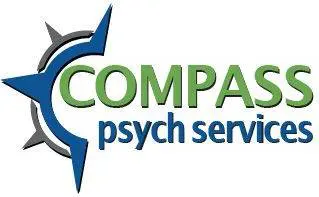Punishment versus Consequences
William MacLaney, PsyD
Strained relationships between parents and children can surface as more and more schools turn to remote learning and families spend more time together over the coming months. More time isolated with family members can magnify issues that crop up on a day-to-day basis.
Do you, as a parent, find yourself struggling with your child’s negative behaviors? Is your child spending too much time on electronics playing games or social media, not completing school work, or just bickering with family members? Punishment and consequences can be effective in dealing with problem behaviors; however, one should recognize that punishment and consequences are not the same things.
Punishment tends to be a “pay back” for doing an unwanted behavior, while a consequence is more of an outcome as a result of unwanted behavior. For example, if a person stays up too late, the punishment could be that the person is forced to go to bed earlier the next night, while the consequence to staying up too late is that the person is tired the next morning.
Punishment can be a destructive force when used in an already strained parent-child relationship. Unfortunately, punishments in some households tend to occur out of anger and even fear, which only magnifies a child’s negative emotional state.
A parent who uses punishment can take on the “my way or the highway” approach to parenting, also known as an authoritarian approach, meaning that the parent forces the punishment on the child with little to no input by the child. While it can affect a change in behavior, it does not help a child take responsibility or develop new ways of handling a problem. Instead, the punishment can cause children to feel bad about who they are, as opposed to what they actually did. This tends to lead to low self-esteem issues, which are likely to result in future misbehaving.
Conversely, instilling effective consequences that are tied to naturally occurring events helps children develop valuable life skills. Shaping your child’s behavior through consequences, as opposed to punishment, tends to have much more lasting effects.
Consequences tend to fall into either natural or logical outcomes. In the case of natural consequences, the result of the consequences occurs in the normal course of events. For instance, if a child does not study, then a bad grade will follow. On the other hand, with logical consequences, a child cannot play video games until homework is complete. The consequence is that video time will be sacrificed at the expense of homework time.
Effective and healthy consequences allow children to not only feel good about themselves, but also gives them the confidence and self-efficacy to do better the next time around.
Punishments tend to focus solely on the negative behavior. This tends to simply force a child into following a parent’s order without any decision-making skills being taught. Consequences focus on not only what the child did wrong, but also on how to behave positively in the future thus helping a child develop healthy decision-making skills.
